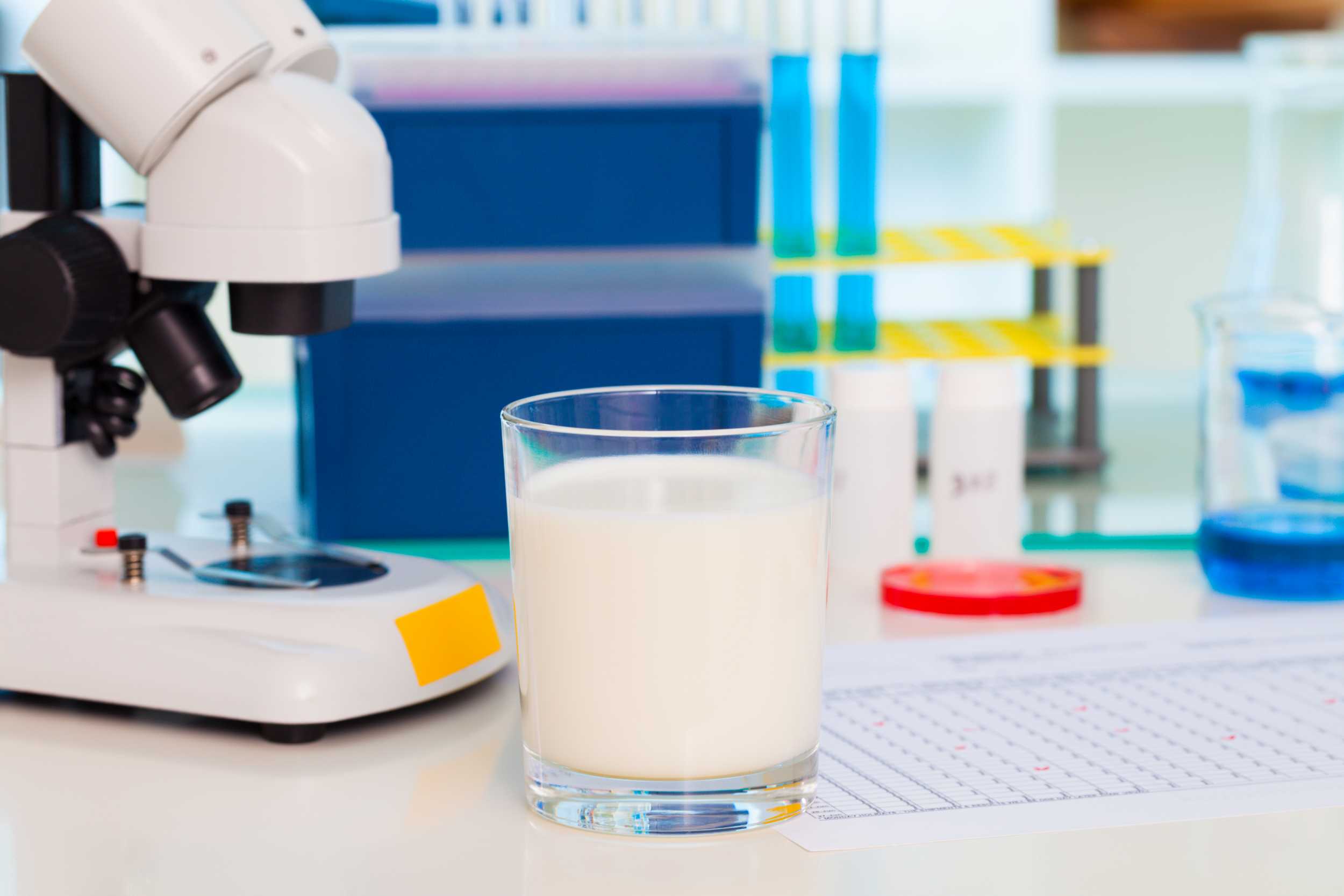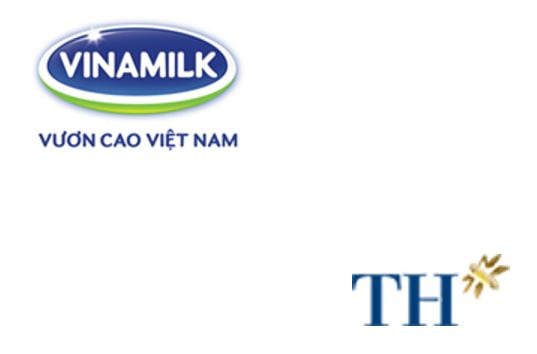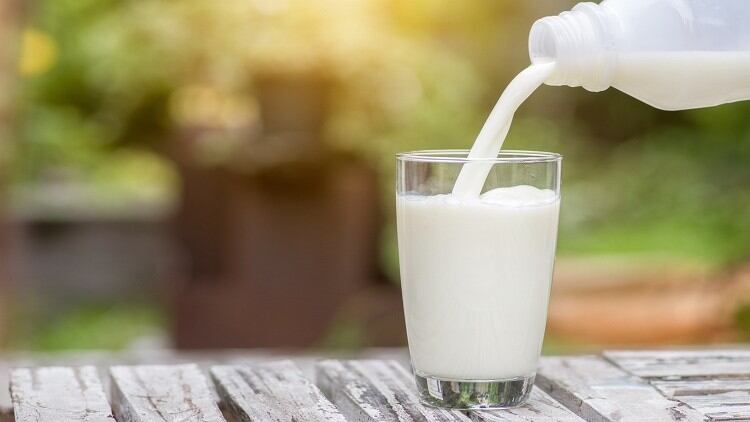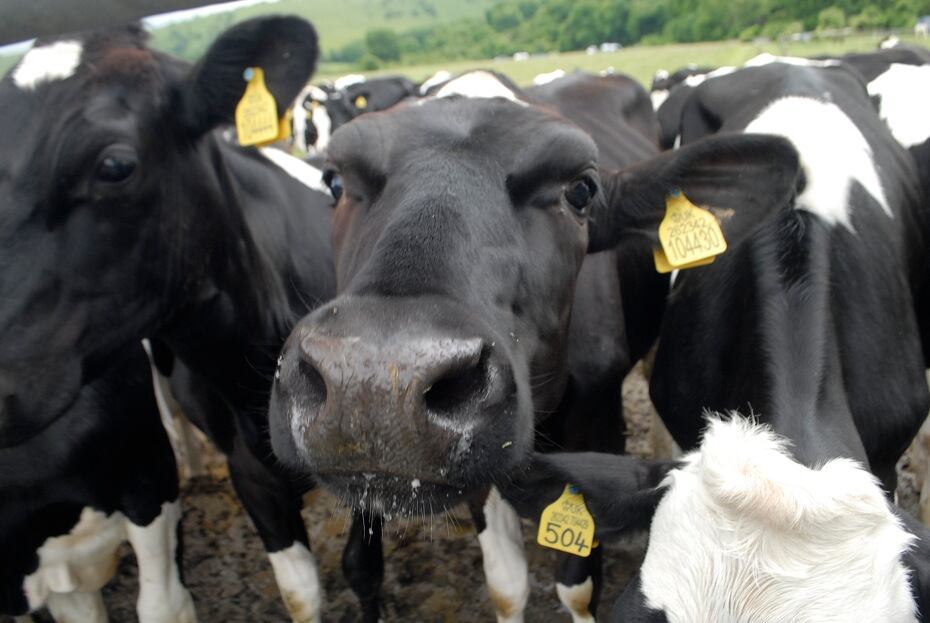The technology involves using stem cells to create mammary gland cells that can lactate. TurtleTree’s says its method of producing milk is 98% more carbon efficient than regular milk production practices.
The firm’s founder and CEO, Lin Fengru, told FoodNavigator-Asia the stem cells were derived from four different sources of mammal milk, including bovine (cow’s milk) as well as humans, the latter for its lab-produced breast milk.
She also told us the patented technology was different from what other companies in the cell-based dairy industry have created.
“We are not trying to recreate the different components of milk, which a lot of companies are trying to do. We are creating the real cow’s milk which eventually can turn into other dairy products like butter and cheese.”
Other companies such as Perfect Day in US and New Culture in New Zealand which recently located to Silicon Valley are using cells to create casein and whey, which are the protein components in milk.
Working with dairy giants
The start-up does not plan to develop its own branded milk, rather, it is in discussions with existing dairy companies including Nestle and Danone which Lin hopes “can help them migrate their milk source to TurtleTree’s way of making milk.”
Lin said the technology would be launched in April 2020 and they hope to incorporate this into the dairy companies’ facilities.
However, Lin said it would be some time before a final product would enter the market, explaining it would require rounds of regulations and approvals, working with government agencies such as the Singapore Food Agency, and testing the products in human trials.
Lin also said R&D is still ongoing as they continue to find ways to improve their products.
“There are many things you can do with these stem cells such as increasing cream or fat content, decreasing cholesterol or lactose. We will aim to develop new products and optimise our methods.”
Started from a hobby
The start-up was founded in January 2019 after Lin faced obstacles in cheese making – her hobby. She explained she was unable to find good quality raw milk in Asia with good protein and fat content which is necessary for the milk to curdle.
She went to Indonesia and Thailand to source for good milk, but instead saw poor animal hygiene and high amounts of hormones that were given to cows to increase their milk yield.
And while some companies are moving into the plant-based dairy alternatives space, it will not be the case for TurtleTree.
“You are able to make cheese, butter, yoghurt from milk, which are hard to replicate from plant-based methods,” Lin said.
She firmly sticks to her roots, “you may be able to replicate mouthfeel, taste of milk, but never be able to stretch it (plant-based milk) to make cheese, or churn to make butter.”
Consumer acceptance
The company’s chief technology officer, Max Rye, told us that Asian consumers, especially Singaporeans, are generally accepting of new technology.
“Singapore is a leader in alternative protein in this region and this makes Singapore consumers very forward thinking. They are perhaps even more open than the US.”
Food sufficiency
Rye said the next five years would be an incredible journey, “(as) we believe we can make a big disruption in climate change.” The name of the company is also testimonial to its vision for the longevity and sustainability of the planet, he added.
Apart from the environmental concerns, Rye said this technology could potentially help countries like Singapore produce its own food again.
“Usually, dairy industries are based in New Zealand or Europe, and their products are exported over to this region. Imagine if we have raw milk in Singapore, we can use that to make cheese, butter, cream and even ice cream,
“We can provide real milk with full functionality, and make all the dairy products that come along with it, which cannot be produced from almond or oat milk.”
The firm is in the midst of raising its seed round, which is likely to close in March 2020.




